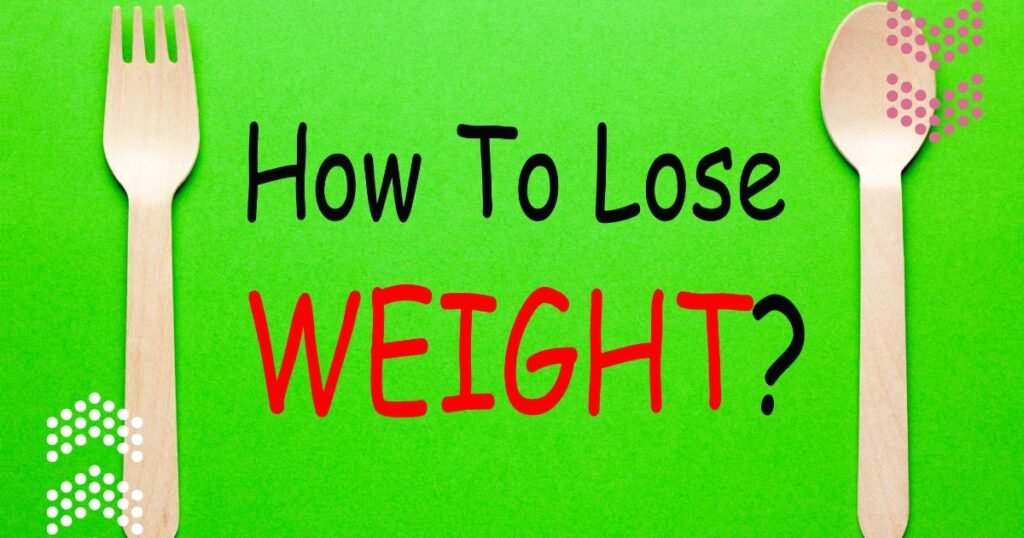Body Image and Weight Loss Pressure for Women After Pregnancy
Pregnancy and childbirth bring incredible changes to a woman’s body, both physically and emotionally. These changes can sometimes feel overwhelming, especially when societal pressures to “bounce back” after pregnancy come into play. Women are often expected to lose weight quickly after giving birth, adding unnecessary stress to an already challenging period. This article explores the importance of managing body image issues and prioritizing health during the postpartum journey.
Understanding Postpartum Body Changes
Physical Changes Post-Delivery
After childbirth, women experience various physical changes such as weight retention, stretch marks, and changes in breast size. These transformations are a natural part of the recovery process, and every woman’s postpartum journey is unique. While these changes may affect body image, it’s essential to remember that healing takes time, and setting realistic expectations is crucial.
Hormonal Fluctuations
Hormonal fluctuations play a significant role in postpartum recovery. These changes can affect mood, self-perception, and body composition. Hormones like estrogen and progesterone fluctuate dramatically, impacting how women feel about their bodies after pregnancy. Understanding these changes can help women navigate the emotional challenges of postpartum life.
Societal Pressures on Postpartum Women
Media’s Influence on Body Image
The media plays a considerable role in shaping body image expectations for postpartum women. Images of celebrities seemingly returning to their pre-pregnancy bodies in a matter of weeks create unrealistic standards. This portrayal can lead to feelings of inadequacy for many women who struggle to lose weight after giving birth.
Celebrity “Bounce Back” Culture
In today’s culture, celebrity moms are often praised for how quickly they “bounce back” after pregnancy. This emphasis on rapid weight loss contributes to the pressure many women feel. It’s important to recognize that these celebrities often have access to resources like personal trainers and nutritionists, which are not available to everyone.
Impact of These Pressures on Mental Health
Constant exposure to idealized body images can take a toll on mental health. Women may experience increased anxiety, depression, or even body dysmorphia as they attempt to meet these unrealistic standards. Prioritizing mental well-being and focusing on personal health goals instead of external expectations is vital.
The Psychological Impact of Weight Loss Pressure
Postpartum Body Image Struggles
Postpartum body image struggles are common. The pressure to lose weight quickly can lead to emotional distress and feelings of inadequacy. Women may feel that they must meet certain societal expectations to be considered attractive or healthy. This pressure often diminishes self-esteem and can lead to unhealthy weight loss practices.
Body Dissatisfaction and Self-Worth
Body dissatisfaction after childbirth is linked to lower self-worth and diminished confidence. When women focus too much on weight loss, they might start seeing their value through a limited lens. It’s essential to cultivate a positive self-image by recognizing that postpartum bodies are powerful and resilient.
Coping with Negative Body Image
There are several ways women can cope with negative body image, including practicing body positivity, engaging in self-care routines, and seeking support from other mothers who have experienced similar challenges. By embracing self-compassion and surrounding themselves with positive influences, women can begin to foster a healthier relationship with their bodies.
Safe and Healthy Weight Loss Approaches for Postpartum Women
Postpartum Weight Retention
Weight retention is a natural part of postpartum recovery. However, societal pressures can make women feel like they need to lose this weight quickly. A gradual approach to weight loss is healthier and more sustainable. For more insights on postpartum weight retention, it is essential to prioritize health over speed.
Nutrition for New Mothers
Good nutrition is crucial during the postpartum period. Eating a balanced diet that provides essential nutrients is not only important for recovery but also for overall health. New mothers should focus on foods rich in vitamins, minerals, and healthy fats to nourish both their bodies and their babies.
Exercise After Childbirth
Reintroducing exercise gradually is key to maintaining a healthy body and mind postpartum. Low-impact exercises such as walking, pelvic floor strengthening, and yoga are great options for new mothers. Consulting with a healthcare provider before starting any exercise routine is highly recommended.
The Role of Breastfeeding in Weight Loss
Breastfeeding can support weight loss for some women as it burns additional calories. However, this is not a guarantee for all mothers, and individual results will vary. It’s essential to maintain a balanced diet while breastfeeding to ensure both mother and baby receive adequate nutrition.
Avoiding Extreme Diets and Fad Workouts
Extreme diets and intense workout regimens may seem tempting, but they can have negative consequences on a woman’s postpartum health. It’s best to avoid drastic measures and focus on building sustainable habits that promote long-term well-being.
Dealing with External Pressure from Family and Friends
Understanding Well-Meaning Comments
Sometimes, well-meaning comments from family and friends about weight loss can add to the pressure postpartum women feel. While these remarks often come from a place of care, they can still be overwhelming.
Setting Boundaries
Setting boundaries is crucial to avoid unnecessary stress. New mothers should feel empowered to politely decline any comments or advice that doesn’t align with their personal goals or make them feel uncomfortable.
Building a Supportive Environment
Building a supportive environment, whether through family, friends, or online communities, is essential for navigating the challenges of postpartum weight loss and body image. Sharing experiences and fostering a space of understanding can significantly reduce the pressure women feel.
ShapioX’s Role in Empowering Postpartum Women
Supporting a Holistic Postpartum Journey
ShapioX is dedicated to supporting women on their postpartum journey by offering tailored resources that focus on overall wellness rather than rapid weight loss. From recipes to workout plans, ShapioX aims to provide guidance that empowers women to prioritize their health.
Focusing on Wellness Over Weight
ShapioX encourages women to shift their focus from weight loss to overall well-being. With resources like personalized nutrition plans and postpartum-friendly workouts, we aim to help women achieve their health goals sustainably.
Tools for Postpartum Women
ShapioX offers a variety of tools and resources to support postpartum women. From calculators to help determine daily caloric needs to fitness guides, we ensure that women have the resources they need to navigate this stage of life healthily and confidently.
Building a Positive Relationship with Your Postpartum Body
Self-Care Practices for Postpartum Women
Self-care practices, such as mindfulness and journaling, can help women reconnect with their bodies after childbirth. Taking time to nurture oneself emotionally and physically is essential to building a positive body image.
Embracing the Changes
It’s important for women to embrace the changes their bodies have gone through. The postpartum body is a testament to strength and resilience, and learning to appreciate these qualities can improve self-perception and confidence.
Shifting the Focus to Health
Shifting the focus from appearance to health allows women to set goals that prioritize energy, strength, and emotional well-being. Weight loss is only one small aspect of the broader goal of living a healthy life.
The Importance of Long-Term Sustainability
Creating a Sustainable Approach to Postpartum Health
Postpartum health requires a sustainable approach that emphasizes gradual change. Crash diets and rapid fixes are not only ineffective long-term but can also harm a woman’s health.
Tracking Progress Beyond the Scale
It’s important for postpartum women to track progress beyond the scale. Measuring progress through energy levels, strength gains, and how clothes fit is a much healthier approach than focusing solely on numbers.
Why Body Image Progress Takes Time
Improving body image is a long-term process. It takes time and patience, but the effort will ultimately lead to a more positive relationship with one’s body. Women should practice self-compassion throughout this journey.
Conclusion
In conclusion, postpartum weight loss and body image are complex topics influenced by societal pressures, hormonal changes, and personal expectations. Women should prioritize their health and well-being over trying to meet external standards. ShapioX is here to support women on their journey by offering weight loss resources that focus on overall wellness. Explore the tools and articles on our website to find personalized support for your postpartum journey.
Remember, the postpartum body is powerful, and taking the time to care for it is the best gift you can give yourself. Browse our site today for more weight management tips for women of all ages.
Encouraging Readers to Explore ShapioX
If you found this article helpful, be sure to browse through our website to discover all that we offer. From postpartum workout plans to helpful articles like Postpartum Weight Retention in Women, ShapioX provides everything you need to achieve your fitness and wellness goals.


